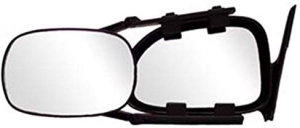-
Welcome to Tacoma World!
You are currently viewing as a guest! To get full-access, you need to register for a FREE account.
As a registered member, you’ll be able to:- Participate in all Tacoma discussion topics
- Communicate privately with other Tacoma owners from around the world
- Post your own photos in our Members Gallery
- Access all special features of the site
When should I get an oil change 3000 or 5000 miles?
Discussion in '2nd Gen. Tacomas (2005-2015)' started by hockey1chick, Jul 14, 2009.
Page 1 of 2
Page 1 of 2


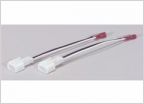 Where to get 6x9 speaker harness??
Where to get 6x9 speaker harness??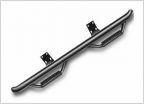 Question on Nerf bars
Question on Nerf bars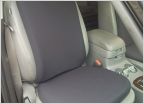 2015 Drivers seat is terrible - Help !
2015 Drivers seat is terrible - Help !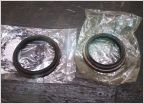 Wheel bearing seal and CV dust seal install TIP
Wheel bearing seal and CV dust seal install TIP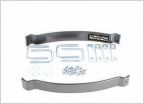 09 Tacoma Helper Springs?
09 Tacoma Helper Springs?




















